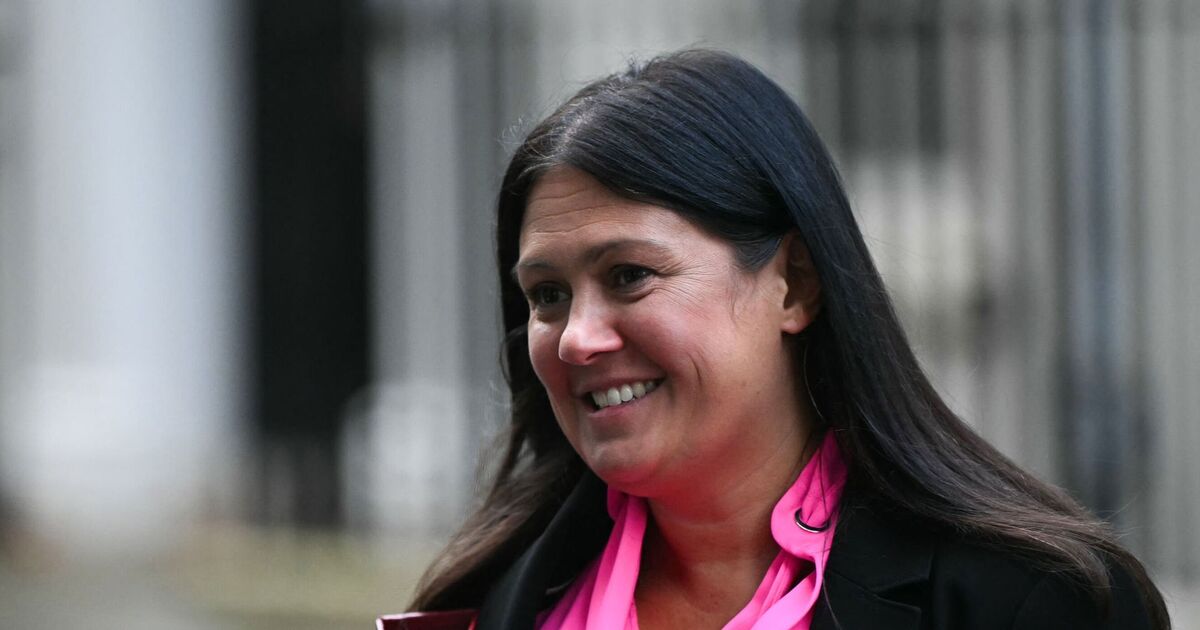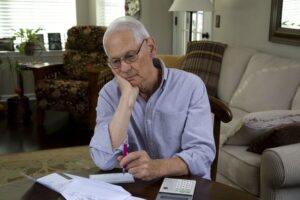
The Government has responded to a rapidly growing petition calling for free BBC TV licences to be granted to all pensioners. The petition, which has garnered over 34,000 signatures on the Parliament website, urges the Government to fund free TV licences for existing pensioners and those reaching the official retirement age.
The petition’s creator, Michael Thompson, argued that many pensioners rely on their TV for companionship and struggle to make ends meet due to rising food and utility costs. He stated: “Many pensioners live on the breadline with only the TV for company. With the cost of food soaring and utility bills ever higher, we feel there is a desperate need to provide all pensioners with at least this concession. We feel it is a double outrage that those who have given their all to this country in taxes and raising children have to pay a TV licence fee and are only exempt if they receive means-tested Pension Credit. Meanwhile, some media figures draw huge salaries.”
The petition surpassed 10,000 signatures, prompting a government response. The Department for Culture, Media and Sport replied, stating: “The BBC provides free TV licences for over-75s who are in receipt of pension credit. Charter Review will look at ensuring the BBC has a fair and sustainable funding model.”
“The BBC is a vital British asset and makes a huge contribution to lives up and down the country. It supports our democracy, brings our communities together, and helps to shape and define our nation through telling stories about the lives of people in all parts of the UK. The BBC took on responsibility for over-75s concessionary licences as part of the 2015 licence fee settlement. The BBC now administers the concession, and offers free TV licences for over-75s who are in receipt of pension credit.”
“While the Government strongly believes in public funding for the BBC given the public good it serves, we are aware of the financial difficulties faced by some households, and are committed to supporting them to spread the cost of the TV licence. For this reason, the Government has announced a significant extension to the Simple Payment Plan (SPP). This will allow unlicensed households experiencing financial difficulty to split up the annual payment into more manageable fortnightly and monthly instalments. The BBC‘s analysis suggests that the expansion could double the number of households using the SPP to around 500,000 by the end of 2027.”
“The forthcoming Charter Review is a key opportunity to set the BBC up for success long into the future. It will look at a range of issues and, as a priority for this Government, will start a national conversation to make sure the BBC truly represents and delivers for every person in this country.”
“As we address these vital issues about the future of the BBC, we must also ensure that there is a sustainable funding model that is fair for those who pay for it. The Government will be taking forward this issue as part of the Charter Review process, since what the BBC does and its future role is fundamentally influenced by how it is funded.”
“The Government is keeping an open mind about the future of the licence fee, and firmly believes that the unique obligations placed on the BBC demand continued, sustainable public funding to support its vital work.”
“We will work closely with the BBC, and engage with other broadcasters, stakeholders across the creative industries as well as the British public to inform our thinking. This will include the opportunity for stakeholders and audiences across the country to respond to the Charter Review public consultation before the new charter comes into effect in 2028.”
This April, TV licence fees will rise in line with inflation, meaning the cost of a standard colour TV licence will increase from the current £169.50 to £174.50. It will be an increase of £5, or an extra 42p a month, after the last £10.50 rise brought the charge to £169.50 in April 2024.
Annual licence fees have been under scrutiny from the Conservative government for years. After a two-year freeze at £159, the fee increased at a lower rate than expected.
In a November statement to Parliament, Culture Secretary Lisa Nandy said: “The BBC provides much-needed programming for households across the country, including children’s education, world-class entertainment and trusted news for all people in all parts of the UK. I want to see it thrive for decades to come.”
The BBC‘s funding model will be discussed in an upcoming Charter Review. Nandy explained: “Through the Charter Review, we will have an honest national conversation about the broadcaster’s long-term future, ensuring the BBC has a sustainable public funding model that supports its vital work but is also fair and responsive to those who pay for it.”
In the short-term, the BBC will receive funding certainty.
Thousands of households will get help with licence costs through the Simple Payment Plan (SPP). The licence fee will increase annually in line with the Consumer Price Index (CPI) inflation rate.
The Government will hold a public consultation on the BBC‘s Royal Charter to explore funding options for the broadcaster’s future. The expansion is set to enable an estimated additional 9,000 unlicensed households per month, currently facing financial hardship, to break down the annual payment into more manageable fortnightly and monthly instalments.


















